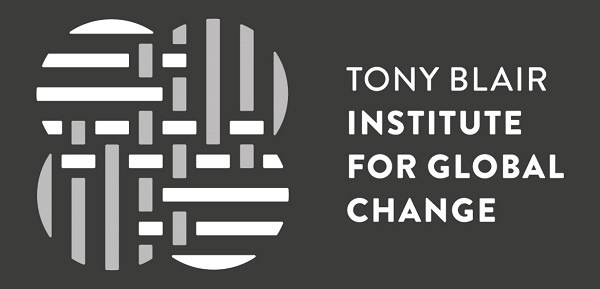
Attacks by insurgent groups in northern Mozambique must be tackled in the short term by a regional military force to prevent the situation from getting out of control, the Tony Blair Institute stated in a report published on Friday.
The study by the Institute for Global Transformation, founded by a former British Prime Minister, warned of the urgency of intervention in the face of the deteriorating situation in the province of Cabo Delgado, which it attributed to the terrorist group, Ansar al-Sunna, affiliated with the Islamic extremists of the self-proclaimed Islamic State.
“From its first few attacks in Mocimboa de Praia in late 2017, the group now launches more than 20 attacks every month in an insurgency that covers nine major towns and districts along the Cabo Delgado coast. A battle for the town of Macomia at the end of May demonstrates the group’s organisational capacity and ambition as well as an escalation in the government’s counter-offensive effort,” the study stated.
The village of Macomia, 200km from the provincial capital, Pemba, was occupied for three days in a row by armed groups, who looted several commercial establishments and vandalised various infrastructure, including the local health centre.
In total, attacks by insurgents in Cabo Delgado, a Mozambican province where Africa’s largest private investment for the exploitation of natural gas is advancing, have already caused at least 600 deaths and forced more than 200 thousands to flee their homes.
The study made several recommendations in the short and long term, highlighting the need for greater regional and international coordination to combat this threat, including the mobilisation of a military force with African soldiers.
Lusa Bulama Bukarti and Sandun Munasignhe, who conducted the study, analysed the evolution of the Ansar al-Sunna group’s activity in Cabo Delgado, from its roots as a non-violent religious movement to the conquest of territory through abductions, looting and mass murder.
“We see a strong risk of the security situation deteriorating further over the next 18 months unless a coordinated transnational effort is launched to assist national authorities to counter Ansar al-Sunna,” the report stated.
However, the study pointed out that in the context of Islamist extremism across the African continent, the situation in Mozambique was not unique.
Ansar al-Sunna has rapidly risen in prominence to potentially pose just as acute a threat as Boko Haram in the Lake Chad Basin, Jama’a Nusrat al-Islam wa al-Muslimin’ (JNIM) and Islamic State in the Greater Sahara (ISGS) in the Sahel, and al-Shabaab in Somalia, it stated.
“We find similarities in the growth patterns of Ansar al-Sunna and ISGS, from the initial focus on civilian targets through to the current campaigns against military and state forces. ISGS has become one of the most destabilising factors in the Sahel, and Mozambique faces a similar challenge with Ansar al-Sunna”, the report said.
Attacks have intensified since the start of 2020 leading to a number of efforts to mobilise international support by the government against the insurgents.
In April 2020, Maputo commissioned a private contractor in South Africa to conduct air strikes against Ansar al-Sunna positions in Cabo Delgado. Leaders recognise the threat of Ansar al-Sunna, but more needs to be done.
So far, the Government has led all counter terrorism and extremism efforts in Mozambique with some support from the international community. However, President Nyusi and Defence Minister Neto continue to stress the need for greater foreign assistance and that Ansar al-Sunna remain a threat to national security.
In 2018, a Memorandum of Understanding (MoU) was signed with Egypt, India and Russia to support Mozambique security with training and resources to combat Islamist extremists. In May 2019, Mozambique signed an MoU with the UK to enhance defence cooperation.
At the 33rd African Union summit in February, 2020, member states acknowledged the growing threat posed by the insurgency in northern Mozambique.
The Peace and Security Commission is considering intelligence sharing and military training assistance that could be provided; The AU Commissioner Smail Chergui said the AU could help the country to “understand the phenomenon in order to ‘respond holistically.’”
In May, at the Southern African Development Community’s (SADC) Extraordinary Organ Troika Summit, delegates took the first steps to formulate a regional counter-terrorism strategy.
International governments need to offer not just military backing to Maputo, but also logistical support and advice, observers stated.
Support Our Journalism
There are millions of ordinary people affected by conflict in Africa whose stories are missing in the mainstream media. HumAngle is determined to tell those challenging and under-reported stories, hoping that the people impacted by these conflicts will find the safety and security they deserve.
To ensure that we continue to provide public service coverage, we have a small favour to ask you. We want you to be part of our journalistic endeavour by contributing a token to us.
Your donation will further promote a robust, free, and independent media.
Donate HereStay Closer To The Stories That Matter




